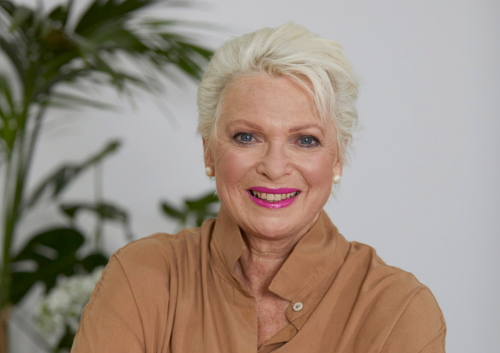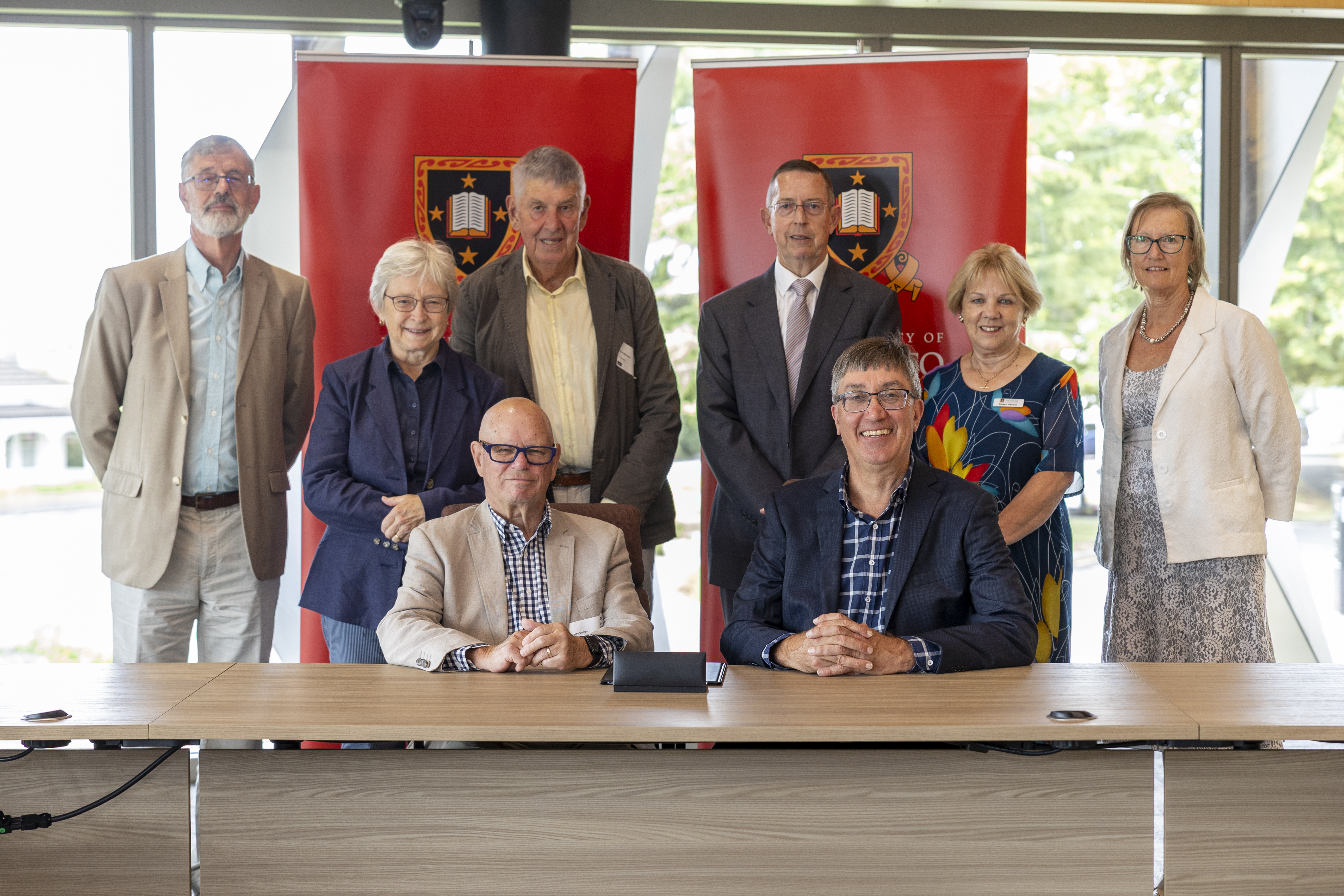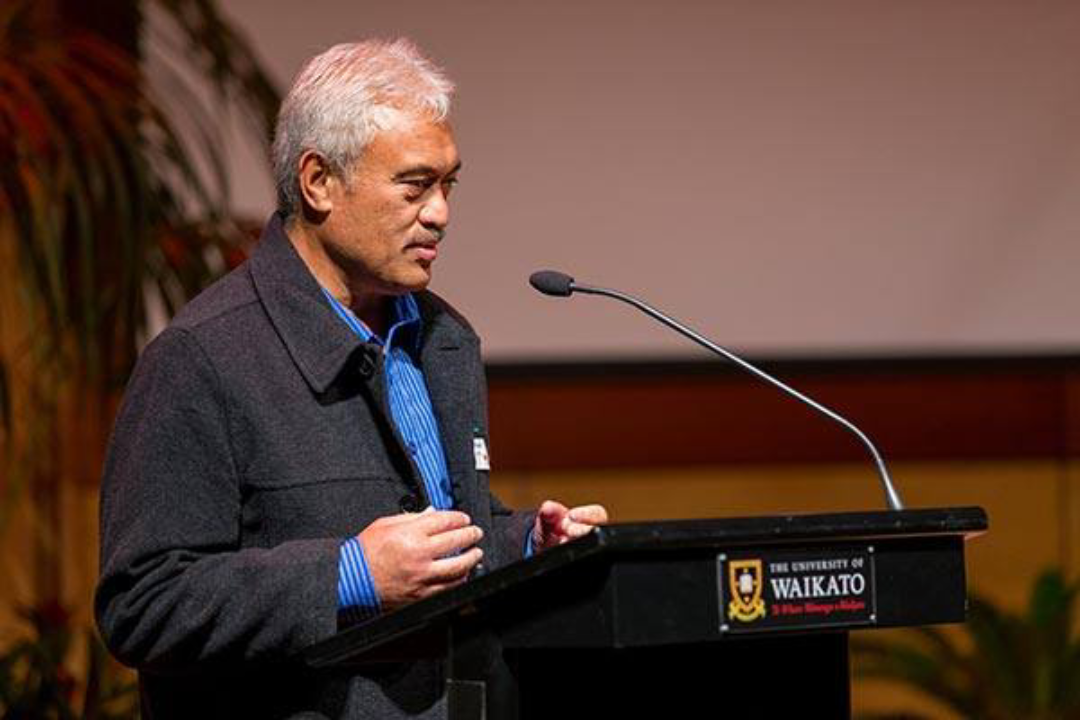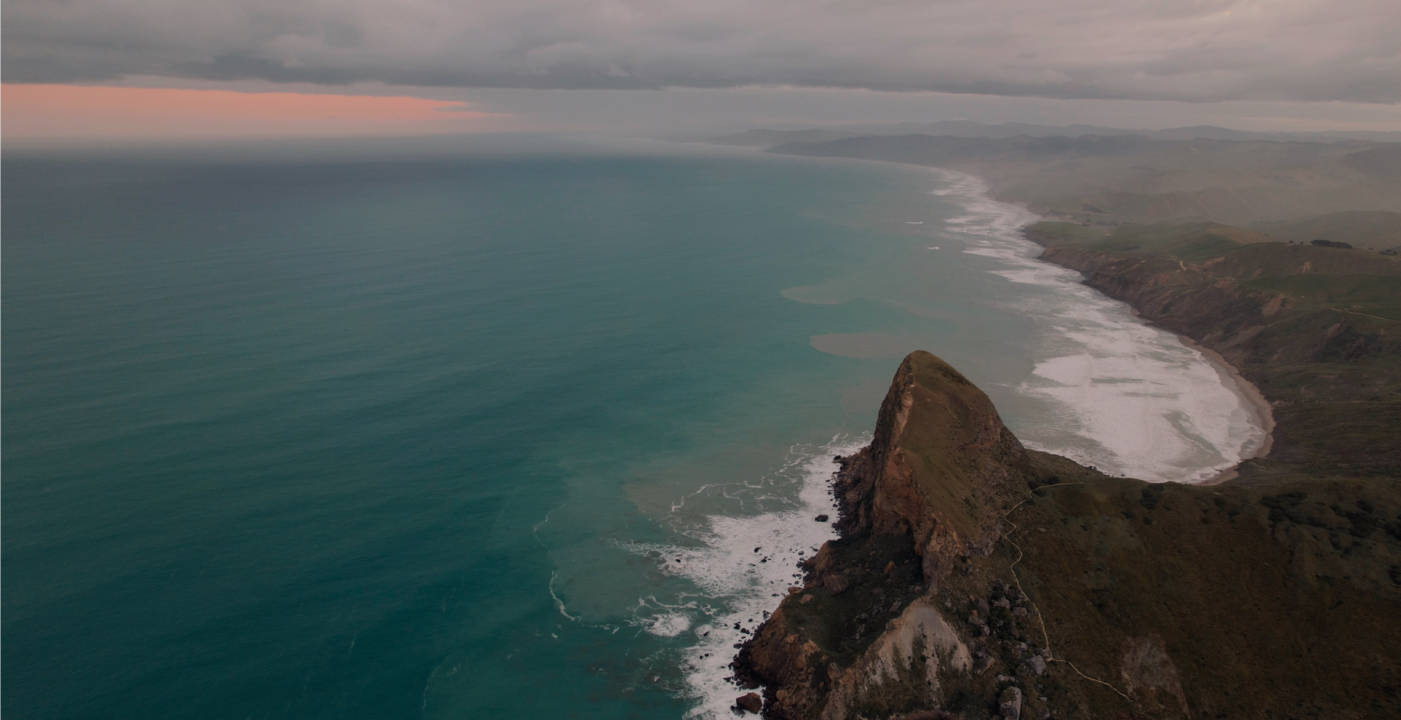Dr Wendy Sweet has a swag of qualifications and teaching experience – in nursing, physical education, fitness training, lecturing and now, expertise in menopause. What’s more, she’s guiding women all over the world through ‘the change’.

University of Waikato alumna, Dr Wendy Sweet
Wendy completed her masters and PhD at the University of Waikato, coming to the University as a mature student with a long-held interest in lifestyle and wellbeing. “My masters research in lifestyle behaviour change was integral in my journey towards my PhD in women’s health and ageing studies,” she says.
When Wendy first moved to Hamilton from Auckland she worked with another Waikato graduate, Dr Brett Smith, co-lecturing sport and exercise students in subjects ranging from physiology to nutrition to sports medicine and health promotion. She’d completed her undergraduate degree at Otago University and to her surprise, she found her former lecturer from down south, Professor Bevan Grant, now based at the University of Waikato. His support and encouragement was crucial as Wendy studied at postgraduate level and raised a family.
“What I learnt was that age is not a barrier to learning and higher education. It moves you towards places you never imagined going,” she says. “Undertaking academic studies in my mid-late 40s and then in my 50s was a challenge. Not only because I had been a practitioner for much of my life, but because there’s the fear that you may not be able to devote the time necessary for exploring your topic in the depth that is needed for a doctorate. But a PhD always begins with a curiosity and this kept me motivated.”
Her curiosity was about why women in their 50s – the first generation of women to move into a changing physical landscape with the emergence of the modern fitness industry in the late 1980s – were dropping out of exercise, according to physical activity data from around the world. “I wanted to know why this was and what did it mean for their ageing? Professor Grant had said that there’d been plenty of research into the experiences of the early baby boomers, but not a lot of research focused on the younger boomers, born between 1958 and 1964, about their experiences of exercise and ageing.”
Her PhD completed, Wendy lectured in the Faculties of Education and Health, Sport and Human Performance but decided she needed to “pivot” her career. “I was on the Board of Skills Active Aotearoa and lecturing in sport and exercise science but needed something that was more attuned to the findings of my PhD. I knew that women in their 50s were being forgotten about in terms of lifestyle medicine for the menopause transition. Population and health data also confirmed that millions of women globally were entering their menopause transition and this was projected to grow over the next decade,” Wendy says.
“Women in my studies were telling me that they couldn’t exercise as efficiently, due to insomnia, sore joints, weight gain, and hot flushes – all signs and symptoms of menopause.” Hence, My Menopause Transformation was born. Wendy first put together a 12-week educational coaching programme that women could do from home online and learn the ‘why, what and how’ of reducing menopause symptoms and the inflammatory changes that arrive in menopause, situating these solutions in the newly emerging lifestyle medicine evidence. “Developing an online system also meant I could use my masters research and knowledge of lifestyle behaviour change,” she says.
Then she went on the road for five years, taking her two-hour Masterclass on Menopause around New Zealand, Australia and the United Kingdom. They were sell-outs. “The number one issue for women, as it was for me, was to explore how to put menopause into wellness, not sickness. I knew that with this amount of interest, I had to move towards helping women and educating them on how to turn around mid-life symptoms of menopause and any weight gain. My programmes now deliver to more than 45 countries and I have thousands of women in my coaching groups.”
Of course, there were challenges in setting up the business. “I used all my skills as a university lecturer to design and develop evidenced based programmes. Finding a web developer who could then place these programmes behind a paywall and then exploring an online customer portal that women could get into privately and exclusively with a password was important, as was finding an email delivery system that was robust enough to deliver over a million emails a year. We found this after attending numerous digital marketing conferences and working with Australian business coach, Sonya Keenan, from Omni Channel Media Group.” Wendy’s husband is also a crucial help in the digital space.
Wendy’s ‘menopause symptoms quiz’ goes out via Facebook advertising, which helps grow her database, and every year she runs specific campaigns. The Covid-19 pandemic meant she couldn’t travel so she put her masterclass online and from that she could upsell her programmes. “With women feeling stressed with their lives changing so rapidly during the pandemic, this was a time of unprecedented growth for my products. Already being online in a world that was rapidly needing to be online, put us ahead of the game.”
As pandemic restrictions eased Wendy was back on the plane, this time to Switzerland placing herself in the Northern Hemisphere to continue a health professionals’ CPD 12-week course that sold out globally within a week. As such, she has returned to an education role, training other healthcare professionals in lifestyle science for menopause. Also, her son is a skier on the Freeride World Qualifiers, and she’s been able to support New Zealand’s Freeride skiers based in the northern hemisphere who don’t get the support that the Olympic pathway skiers get. “Because of my business and my knowledge in sport and exercise science and women’s hormonal health, I’ve been able to assist New Zealand’s new world champion Freeride skier, Jess Hotter over her northern campaign. So we, my husband and I, came over here to work and to watch Jess and the other Kiwi skiers. We are indeed living the dream!”
There is so much more to explore with lifestyle solutions for women in midlife, Wendy says. “Every day, I am thankful for my own education and the role that my supervisors Professor Bevan Grant and Dr Clive Pope, played in helping me to live the life that I’ve always dreamed of and as part of this, helping women realise their potential and stay resilient and relevant in middle-age and beyond.



